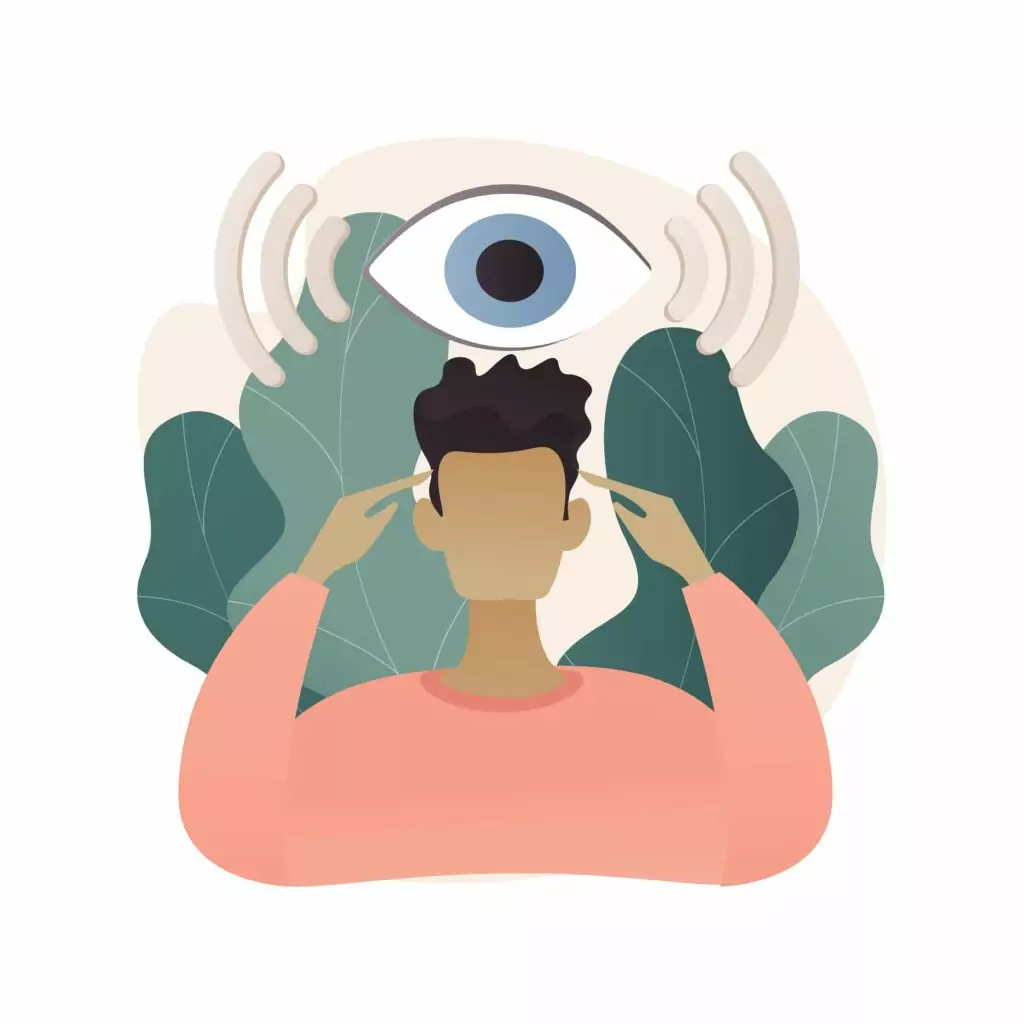In today’s digital age, artificial intelligence has made remarkable strides, touching nearly every aspect of our daily lives. From voice assistants to recommendation systems, AI is pervasive. One area seeing rapid advancements is AI-generated content, where machines craft articles, stories, or even poetry. But as this technology becomes more sophisticated, distinguishing between human and machine writing has become a challenge. How can one discern the nuanced differences? We went to Quora to find out how one can really find out if the content is AI-authored.

✅ AI Essay Writer ✅ AI Detector ✅ Plagchecker ✅ Paraphraser
✅ Summarizer ✅ Citation Generator
Key Takeaways
- Discerning between human-written and AI-generated content is becoming a nuanced skill. Common signs of AI authorship include repetitive and verbose language, overused phrases, and formulaic structures, like strictly following textbook examples of how essays should be structured.
- While certain patterns hint at AI-generated content, advancements in natural language processing make detection harder.
- The use of AI tools like ChatGPT in education is debated. While such tools can aid in writing, over-reliance may hamper genuine learning. The challenge is to find a balance between utilizing AI benefits and ensuring authentic educational experiences.
The current situation with AI hints that discerning between human-crafted content and machine-generated pieces is becoming a nuanced skill. Notably, users on platforms like Quora have started to detect patterns that hint at AI authorship. As one individual remarked, AI-generated essays have a certain formulaic quality, observing that
“It is as if a textbook said ‘this is what an introductory paragraph looks like’ and ‘this is what a conclusion looks like,’ and that was followed step by step, exactly as listed in the textbook.”
C.S. Friedman, Science Fiction and Fantasy novelist
The Most Prominent Signs Used to Deetect AI in Written Pieces
A common sentiment among users is the repetition and verbosity that AI tends to incorporate. Another user observed these signs in a lot of Quora answers:
“Quora answers are very simple. It starts by repeating the question in a more verbose way… It adds insane amounts of qualifiers and caveats.”
This repetition and use of qualifiers seems to be a recurring theme in AI-generated content. Furthermore, the use of predictive text, which often produces overused phrases, is seen as a hallmark of AI-generated writing. One veteran blogger provided a list of commonly repeated phrases, such as “If you’re like me,” and “Have you ever wondered___?”
Is It That Straightforward Though?
However, detecting AI writing isn’t always straightforward, especially given the advancements in natural language processing and machine learning. Repetitive language, lack of personality, unnatural language, incoherence, and rapid generation of content can sometimes hint at AI craftsmanship. But, it’s essential to approach this with caution; humans can also exhibit some of these patterns.

Moreover, some have mentioned the use of specific tools, like Originality, that can discern if content, even creative prompts like Shakespearean-style poetry, is written by AI with impressive accuracy. As AI technologies like ChatGPT become ubiquitous, the line between human and machine-written content blurs, leading to instances where hired writers are found to be using these tools to generate their submissions.
Ultimately, while certain patterns and characteristics can signal AI-generated content, the convergence of technology and human creativity will only make this detection more nuanced and challenging in the future.
AI in Education: A Blessing or a Curse?
The buzz around ChatGPT in schools is hard to ignore. It’s like having a calculator for writing. But just like relying too much on calculators can make us forget basic math, overusing ChatGPT might mean we miss out on truly learning how to express ourselves.
We’ve always adapted to new tools in the classroom, but this is different. This isn’t just about using a tool; it’s about what we want to get out of our education. Do we want easy A’s or do we want to truly understand and think for ourselves?
We shouldn’t ban ChatGPT, but we should use it wisely. Maybe it can help us start an essay or polish our language. But remember, there’s no shortcut to genuine learning. Let’s chat about it, understand its place in our studies, and make sure we’re getting the real education we deserve. After all, isn’t the journey of learning what it’s all about?
Follow us on Reddit for more insights and updates.





Comments (0)
Welcome to A*Help comments!
We’re all about debate and discussion at A*Help.
We value the diverse opinions of users, so you may find points of view that you don’t agree with. And that’s cool. However, there are certain things we’re not OK with: attempts to manipulate our data in any way, for example, or the posting of discriminative, offensive, hateful, or disparaging material.